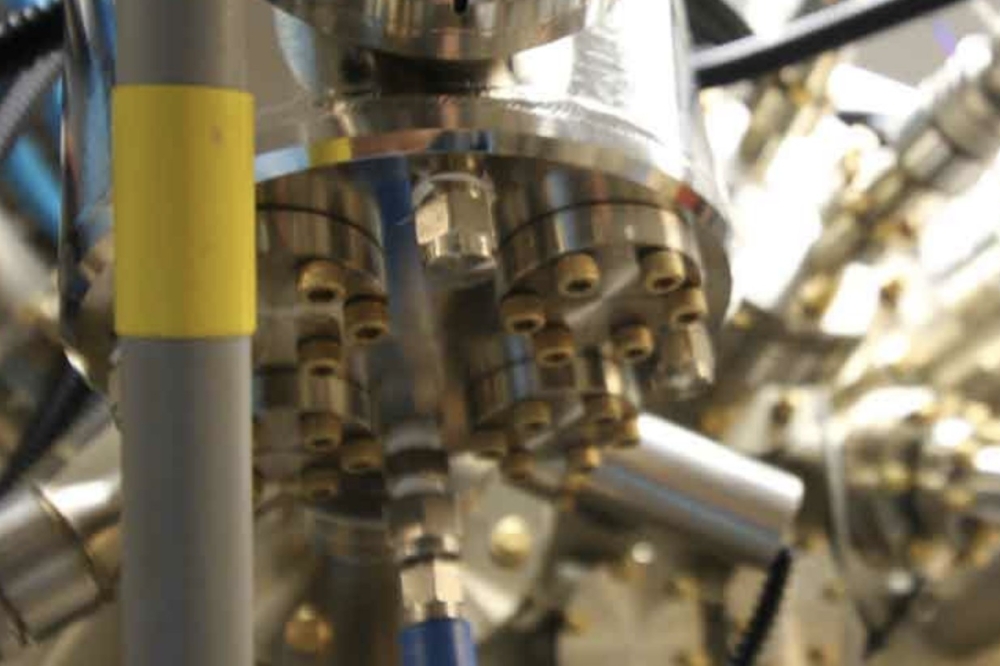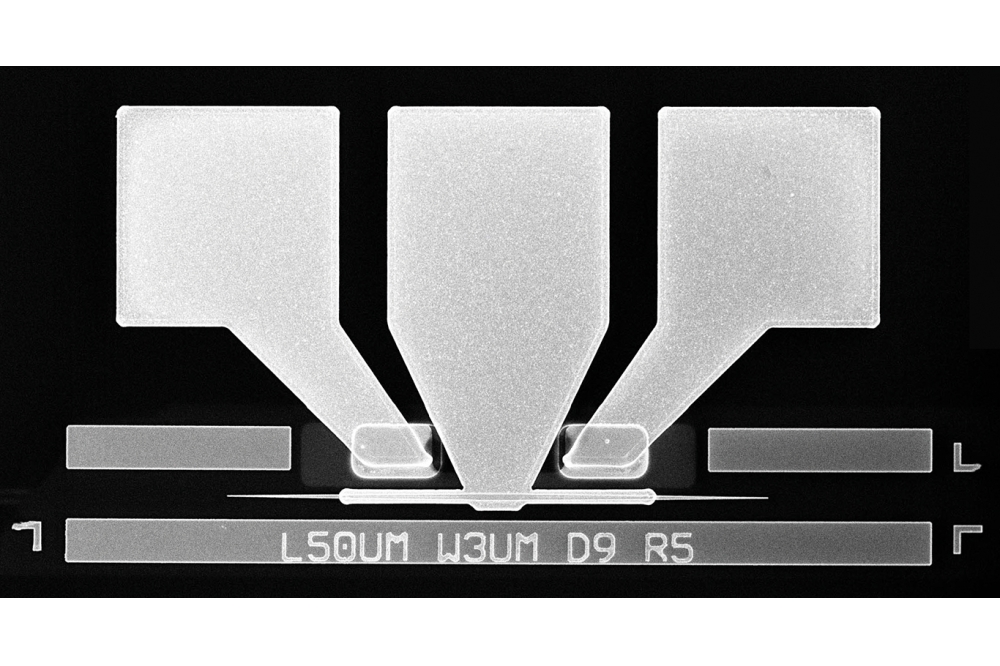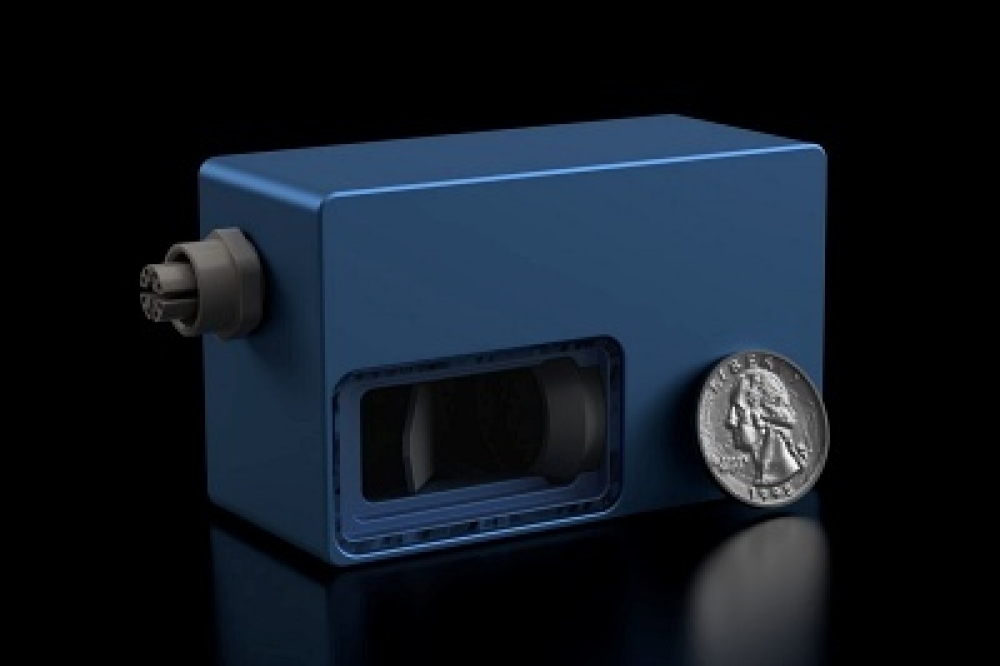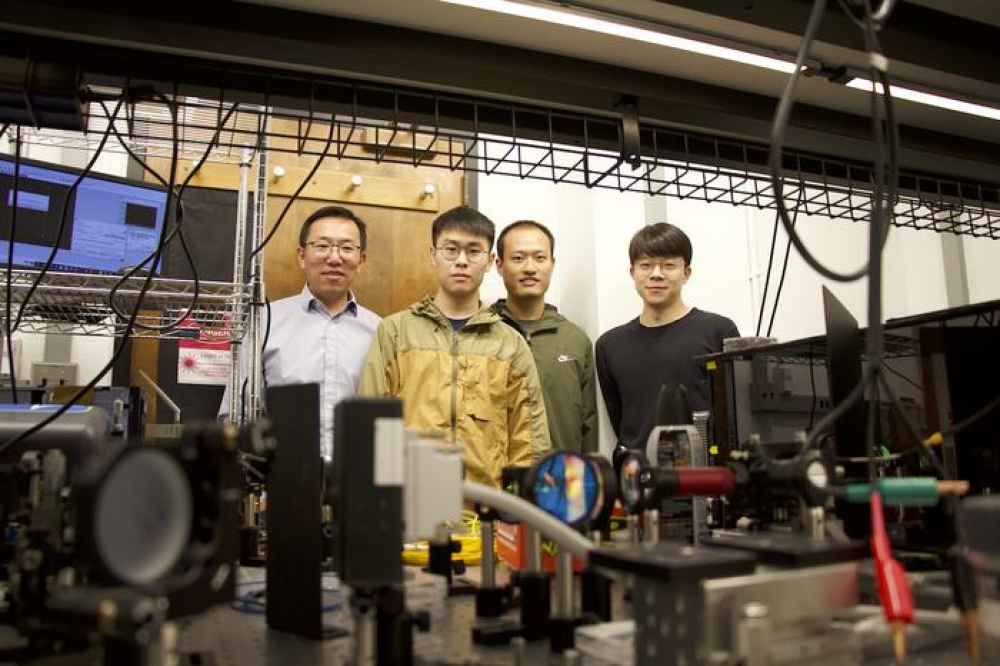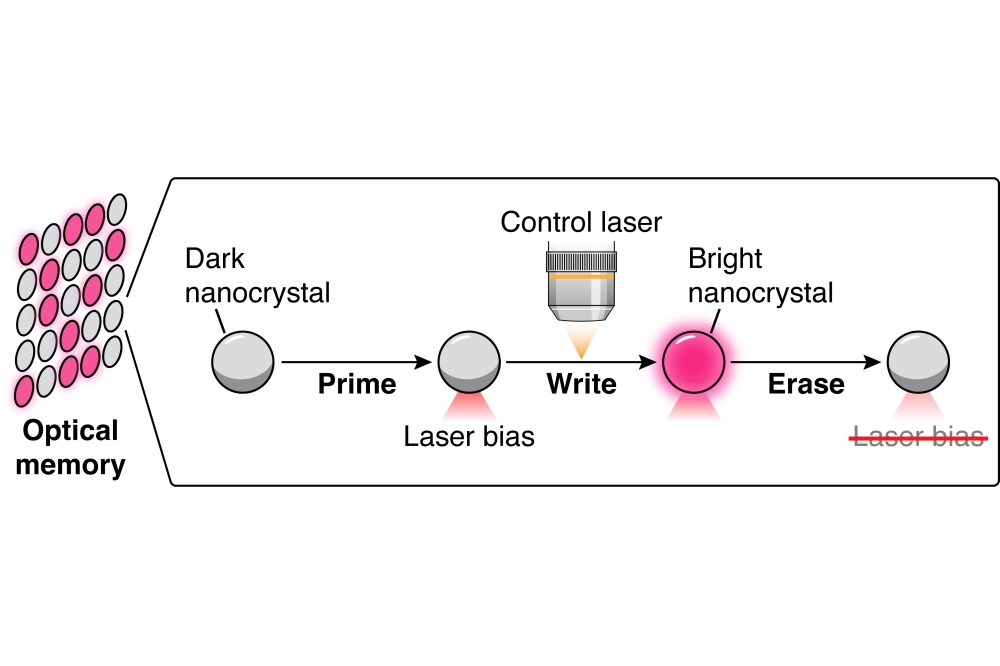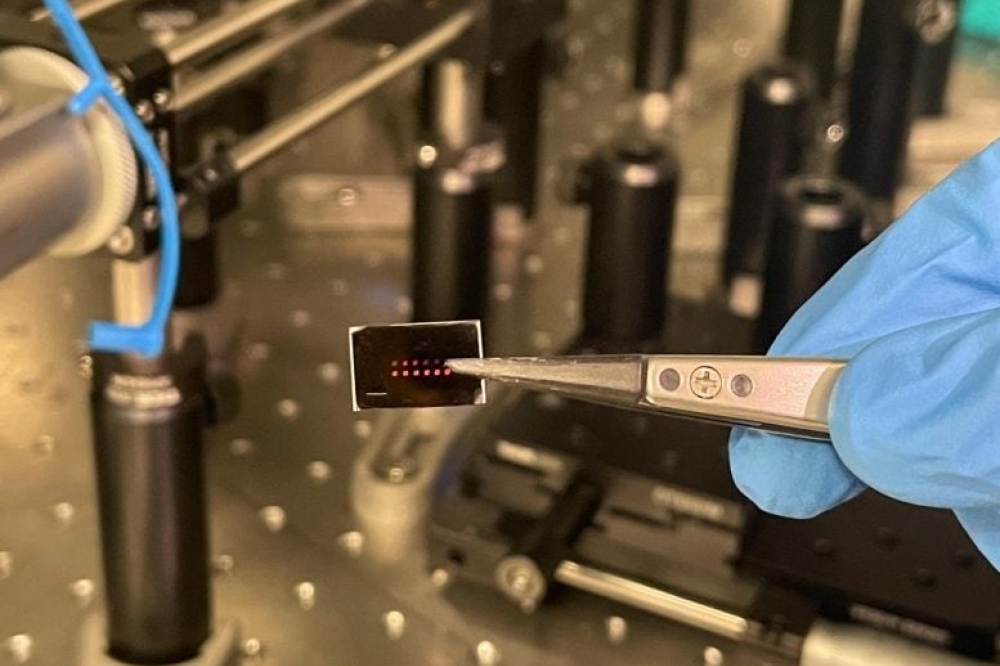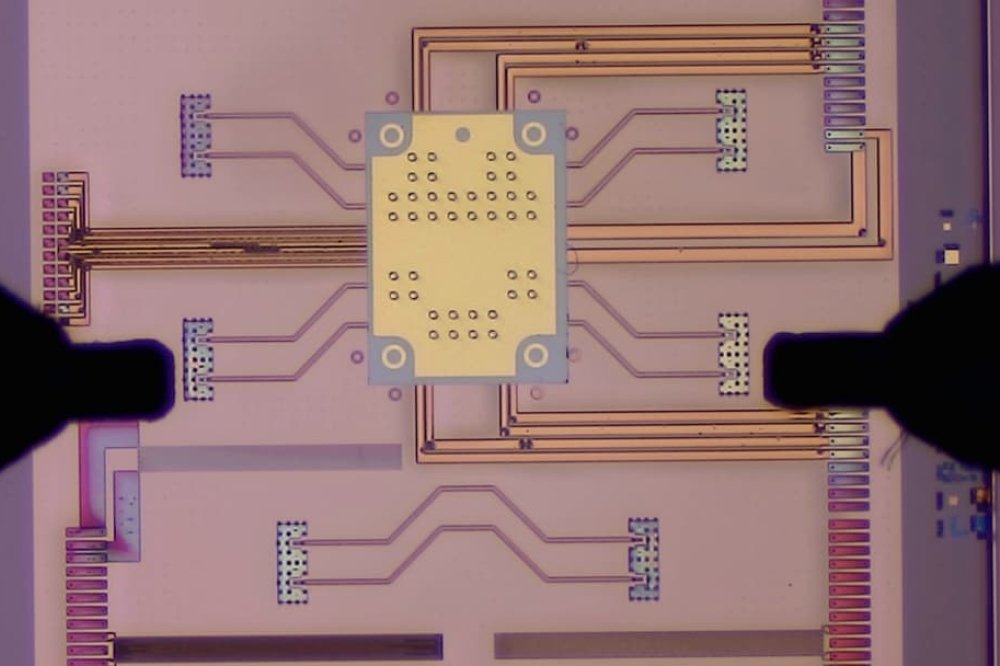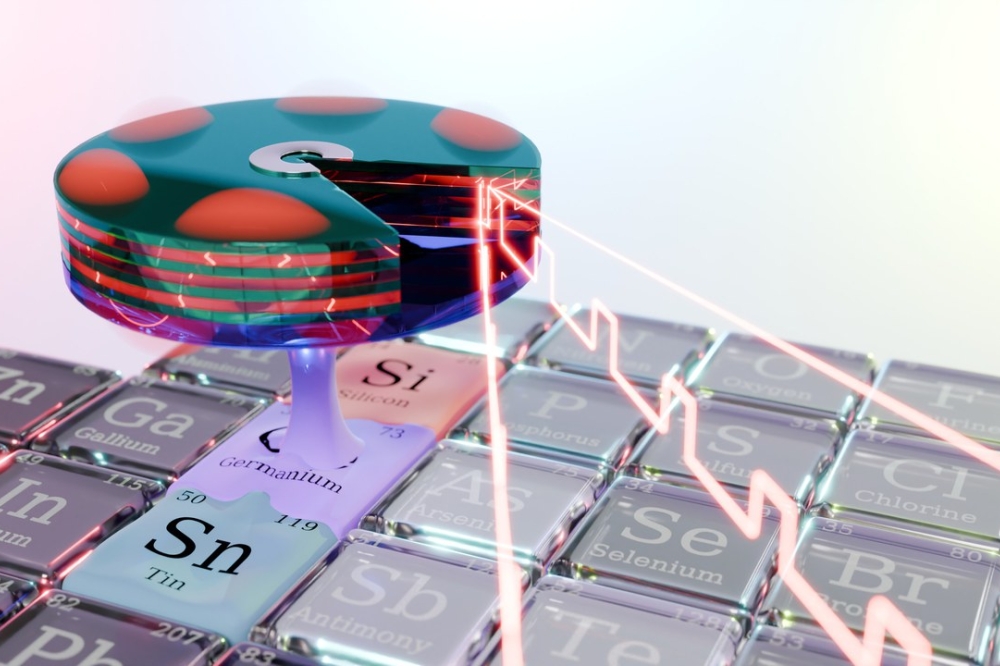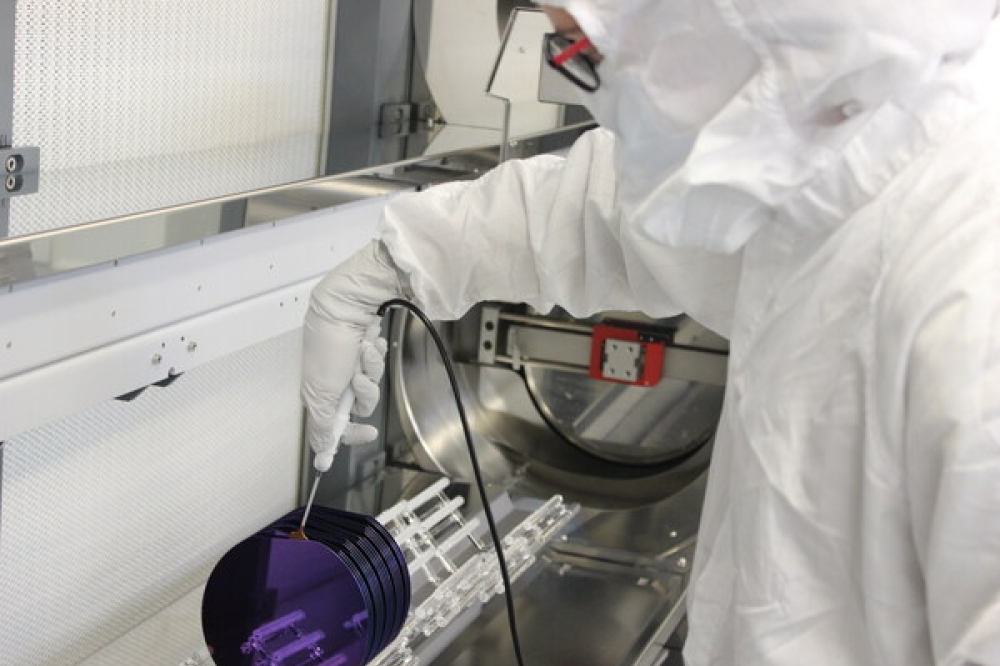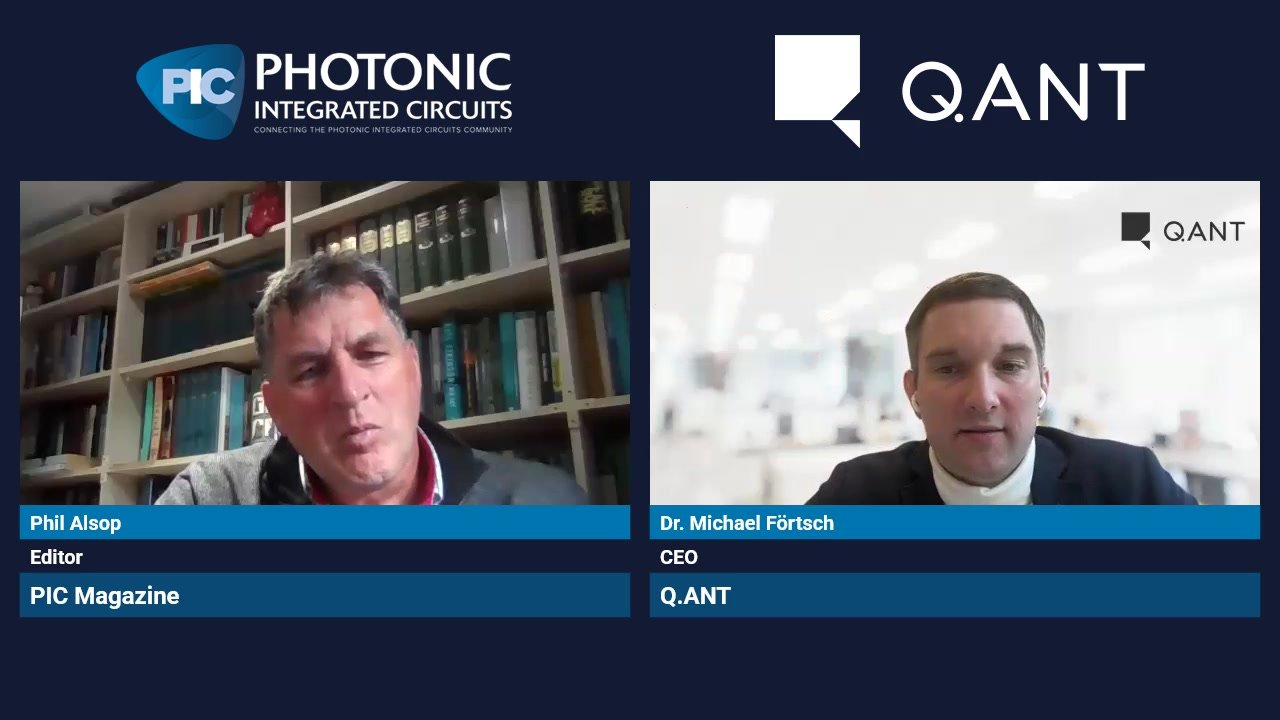New Carbon Allotrope May Shine in Optics, Electronics
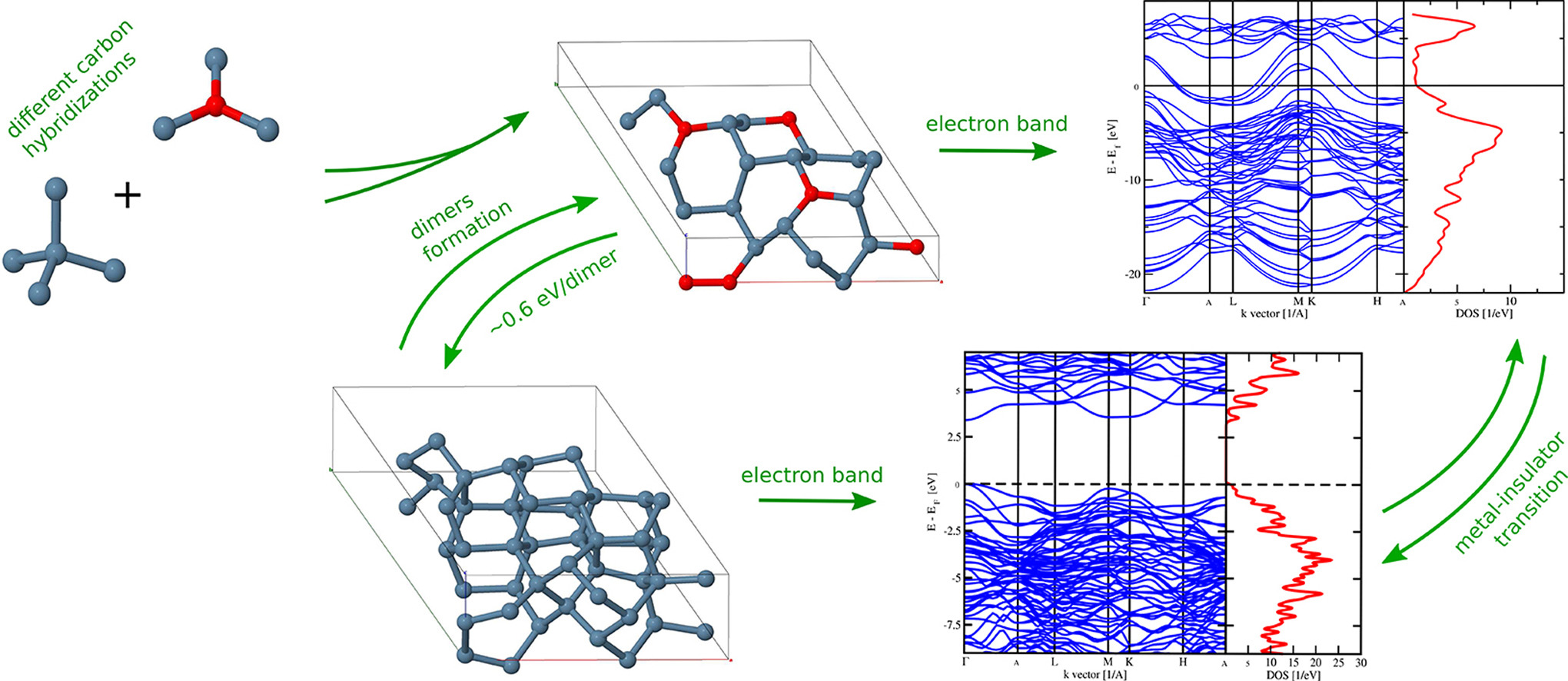
A recently discovered carbon allotrope called protomene may see service in advanced optoelectronic and high power IC applications.
Researchers working for a United Arab Emirates company have announced that they discovered a new allotrope of carbon with unique properties that may benefit future generations of optical devices and could also offer an alternative to gallium nitride (GaN) and graphene in some electronic applications. The discovery was announced in a recent edition of the scientific journal "˜Carbon.'
The research initiative, part of a UAE program to facilitate discoveries and process advancements for Industry 4.0, was led by brothers Mohamed and Rasheed Al Fahim at the Alfields company in Abu Dhabi. The company said that it believes the discovery of the allotrope that they call "˜protomene' may be the first significant discovery of an industrially-relevant allotrope of carbon since the identification of fullerenes and later graphene.
The company said its research points to protomene as a potentially useful direct gap semiconductor. The electron energy bands that the material exhibits are similar to that of GaN, which is about 3.4 eV. While protomene's DFT-LDA gap amplitude is estimated at 3.38 eV, the researchers said they believe that because of issues with various methodologies utilized to estimate energy bands, ""¦a gap estimation in the 3 eV region is most likely accurate."
The greatest virtue of protomene may go beyond its high energy bands, which may enable it to have applications for high-power and/or high frequency electronic devices. Gallium nitride is a binary system, so the control of GaN composition is challenging during its crystal growth phase, whereas protomene is a single element carbon allotrope, and as such, defect control might be easier than with GaN. Further, that due to the gap amplitude near the blue end of the visible spectrum, protomene may find applications in optoelectronic components including service as blue or UV light emitting diodes (LEDs,) or as a UV filter in optical applications.
Following the announcement of its discovery, Alfields said it is expected that further work in developing protomene as an industrial material will proceed at the Khalifa University of Science and Technology in Abu Dhabi.





